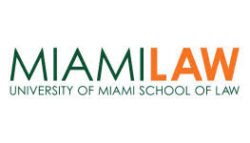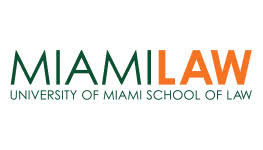 I would like to hire a UM 2L to be my research assistant for 10-15 hours/week during the coming semester. If things work out we might continue into the summer, and/or next year.
I would like to hire a UM 2L to be my research assistant for 10-15 hours/week during the coming semester. If things work out we might continue into the summer, and/or next year.
The work primarily involves assisting me with legal research and other academic work relating to privacy and/or artificial intelligence, but also helping out on other random things.
I need someone who can write clearly and is well-organized.
The pay of $15 / hr is set by the university, and is not as high as you deserve, but the work is sometimes interesting.
If this sounds attractive, please e-mail me a note with the subject line RESEARCH ASSISTANT 2026 (in all caps), followed by your name and including the following:
- Where you saw this announcement
- How many hours you would ideally like to work per week (10-12 is quite normal)
- When you are free to start.
- Your phone number and email address.
- Several times you would be free to meet for a zoom interview in the next week or so.
- If you happen to have any experience with programming, Unix, or system administration, please mention that, as I can use that; I may even have a second job available for someone with these skills. But please don’t be deterred from applying if you don’t happen to know about those.
Please attach:
- A copy of your resume (c.v.).
- A transcript of your grades (need not be an official copy).
- If you have one handy, also attach a short NON-legal writing sample. If you have none, I’ll accept a legal writing sample (whatever you do, though, please don’t send your L-Comm memo as it’s too hard to tell how much they’ve been edited by your instructor).
I look forward to speaking with you.



